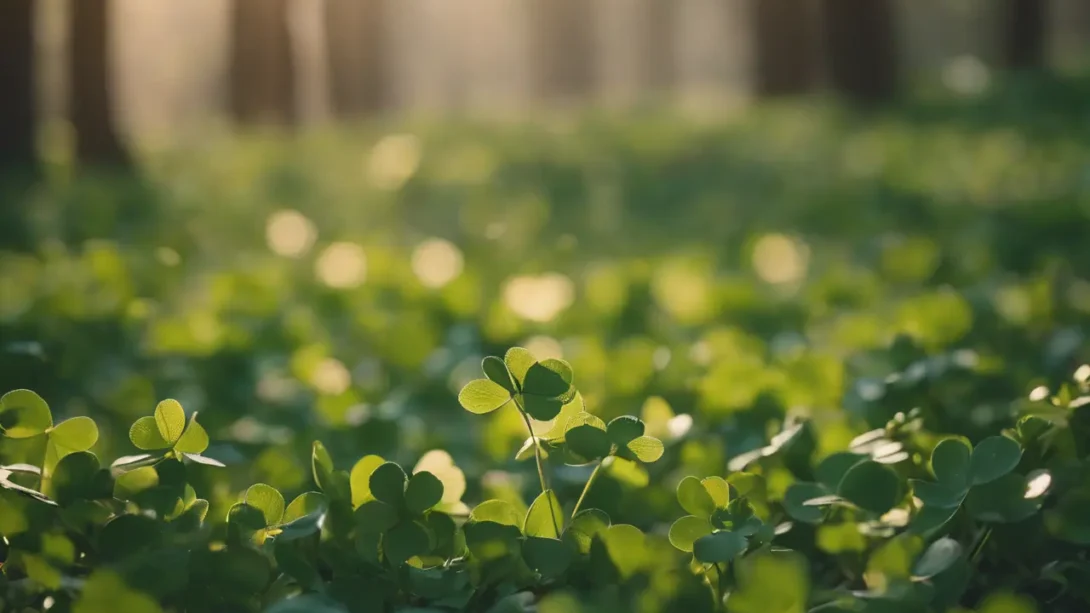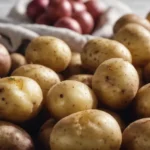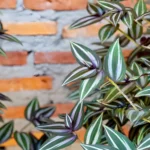Clover is a familiar sight in meadows, lawns, and gardens, often admired for its delicate flowers and considered a symbol of good luck. But beyond its aesthetic appeal and folklore, clover plays a crucial role in the ecosystem and agriculture. This brings us to an interesting question: Is clover a legume? To answer this, we must first understand what legumes are. Legumes are a family of plants known for their ability to fix nitrogen from the air into the soil, a feature that sets them apart in the plant kingdom and makes them invaluable for soil health and agriculture.
The Botanical Family of Clover
Clover belongs to the Fabaceae family, which is one of the largest and most important plant families in the botanical world. This family encompasses a wide range of plants, including not only the various species of clover but also peas, beans, lentils, and peanuts. The Fabaceae family is distinguished by its members’ ability to form symbiotic relationships with nitrogen-fixing bacteria, a trait that is pivotal to their role in ecosystems and agriculture.
Characteristics of Legumes
Legumes are characterized by several key features. One of the most notable is their ability to fix nitrogen, thanks to a symbiotic relationship with bacteria in their root nodules. This process converts atmospheric nitrogen into a form that is usable by plants, enriching the soil without the need for chemical fertilizers. Legumes also typically produce seeds in pods, a botanical hallmark of the family. These seeds often provide significant nutritional value and are a staple food source for humans and animals alike. The ability to improve soil fertility, along with their distinctive seed pods, places legumes in a vital position within agricultural systems and natural ecosystems.
Clover as a Legume
Confirming what many gardeners and farmers might have suspected, clover is indeed a legume. This classification is not just a trivial label; it places clover among the ranks of plants that are capable of nitrogen fixation, a critical ecological function. The roots of clover plants house nodules that harbor nitrogen-fixing bacteria, specifically Rhizobium species. These bacteria convert atmospheric nitrogen into a form that plants can absorb and utilize, significantly enhancing soil fertility.
There are several types of clover, but the most commonly recognized are white clover (Trifolium repens) and red clover (Trifolium pratense). Both types exhibit classic leguminous traits, such as the production of seeds in pods and the formation of symbiotic relationships with nitrogen-fixing bacteria. These characteristics not only define their place within the legume family but also underscore their value in ecosystems and agricultural settings.
Benefits of Clover in the Garden
The inclusion of clover in a garden or agricultural system brings numerous benefits, thanks to its leguminous nature. One of the primary advantages is nitrogen fixation. By converting atmospheric nitrogen into a form that other plants can easily absorb, clover enriches the soil, reducing or even eliminating the need for synthetic fertilizers. This process of nitrogen fixation is particularly beneficial in areas where soil fertility is low, providing a natural and sustainable means of improving plant growth and health.
Beyond soil enrichment, clover serves as an excellent cover crop. It can be used in crop rotation plans to break pest and disease cycles naturally. Its dense growth habit also helps suppress weeds, reducing the need for chemical herbicides. Furthermore, clover attracts a variety of pollinators with its flowers, promoting biodiversity and the health of surrounding plants. The presence of clover in a garden or farm can thus lead to a more balanced and productive ecosystem, showcasing its multifaceted contributions beyond mere soil improvement.
Conclusion
The exploration into clover’s identity as a legume reveals much more than a simple botanical classification. It highlights clover’s integral role in sustainable gardening and agriculture. As a member of the Fabaceae family, clover embodies the quintessential leguminous traits of nitrogen fixation and seed production within pods, making it a powerhouse of ecological and agricultural benefits. Its ability to enhance soil fertility naturally, support pollinators, suppress weeds, and contribute to a balanced ecosystem underscores its value beyond its visual appeal or symbolic significance.
Incorporating clover into garden planning is not just about embracing its leguminous nature; it’s about recognizing its potential to transform gardens and farms into more productive, sustainable, and ecologically balanced environments. Whether used as a cover crop, a component of crop rotation, or simply as a natural fertilizer, clover offers a low-maintenance and effective solution to many common gardening challenges.
The humble clover, with its trifoliate leaves and quaint flowers, is a testament to the complexity and interconnectedness of our ecosystem. Its classification as a legume opens up avenues for gardeners and farmers to harness the benefits of this remarkable plant family. By embracing clover, we can move towards more sustainable and environmentally friendly gardening and farming practices, making the most of the natural resources and plant relationships that our planet offers.
In conclusion, clover is much more than a lucky charm or a green carpet in our lawns. It is a key player in the legume family, contributing significantly to the health and productivity of gardens and agricultural systems. Its ability to fix nitrogen, coupled with its other ecological benefits, makes it an invaluable asset for anyone looking to cultivate a green space that thrives naturally. Clover’s role in the garden exemplifies the power of understanding and leveraging plant relationships, setting the stage for a greener, more sustainable future in gardening.




